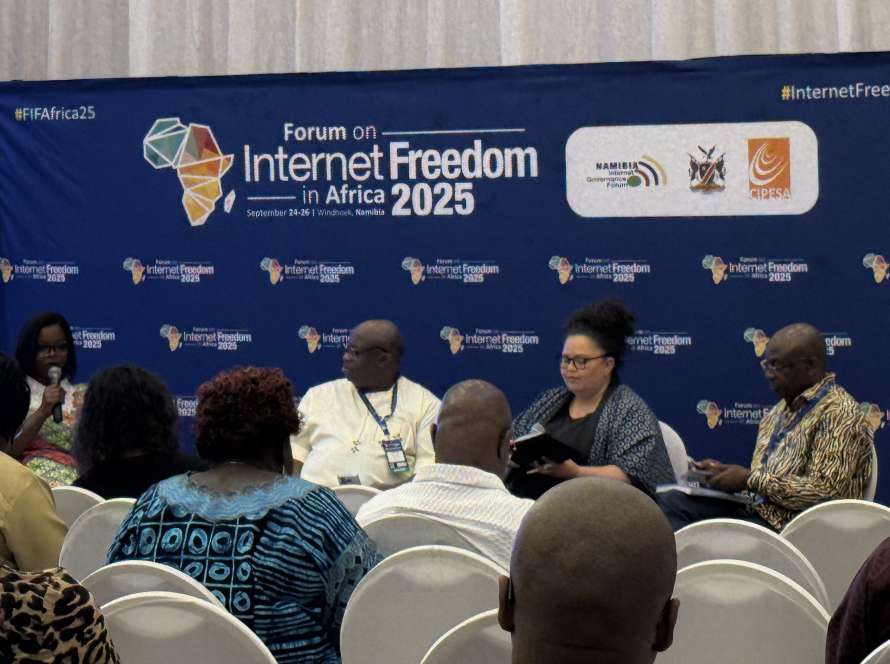Across the world, Governments are taking drastic measures to contain and curb the spread of the novel coronavirus also known as COVID-19. Countries have shut down borders, schools have taken mandatory breaks and people have been ordered to work from home – and stay there – at least for now.
The news of the evolving COVID-19 is headlining every major news portal. The spread of information has intensified, with most social media platforms becoming a conduit for spreading both rumors and deliberate misinformation.
In the midst of the chaos, Governments are faced with the reality of disinformation. The World Health Organisation describes this as an era of infodemic, where information is over-abundant, some accurate and some not.
In Ghana, false publications emerged in the early days of the outbreak. BBC Pidgin for instance, issued a disclaimer of a false publication circulating under its name, and yen.com, an online news portal in Ghana, reported of a false publication from worldometers.info stating eight persons have recovered from the disease.
Fortunately, these false publications have been countered and the country is using access to information to manage the issue of infodemic. Access to information is a universal right declared under several protocols (Article 19 of the Universal Declaration of Human Rights, Article 9 of the African Charter on Human and Peoples’ Rights, and Article 4 of the Declaration of Principles on Freedom of Expression in Africa). In Ghana, access to information is guaranteed under Article 21 (1) (f) of the Constitution and section 2 of the Right to Information law (Act 989), also mandates government and other public institutions to make public information.
Therefore, since its first confirmed cases on March 12, government, through the Ministry of Information has worked closely with the media to put out credible and timely information in the public domain. It has organised press briefings, issued press statements and put out flyers to update the public on the COVID-19 situation in Ghana. On Sunday, March 15, for instance, the Minister for Information during a press update on the disease announced the creation of a COVID-19 website to provide media houses with factual information during the global pandemic.
The Ministry has also met with key stakeholders in the media industry, including, the Ghana Independent Broadcasters Association (GIBA), the Ghana Journalists Association (GJA), Editors Forum among others, as part of its responsibilities to share information, to deliberate on appropriate measures to intensify media campaigns on the COVID-19. Additionally, the Ministry together with the group has fine-tuned guidelines for media reportage and programming all in a bid to ensure information to the public is accurate and factual.
As the fourth estate of the realm, the media has the greatest responsibility to inform the general public about government’s policies and interventions. Indeed, the role of the media is not only to disseminate news but to disprove rumors. One way this is being done is by having access to credible sources of information. So far government has been prompt in the information disclosure on the COVID-19 situation.
The media has reliably reported making references to government information disclosure.
As today marks exactly one year after Parliament of Ghana passed the monumental Right to Information Law in Ghana, the Media Foundation for West Africa (MFWA) continues to commend the Government of Ghana for prioritising and giving much credence to access to information particularly during this period of misinformation and constantly updating the public through the media on Ghana’s status on the COVID-19 pandemic.
The Media Foundation of West Africa continues to urge Government of Ghana to expedite the processes of information access in Ghana by making the RTI law functional. This will further curtail and address the issue of infodemic in the phase of the COVID-19 and beyond.






